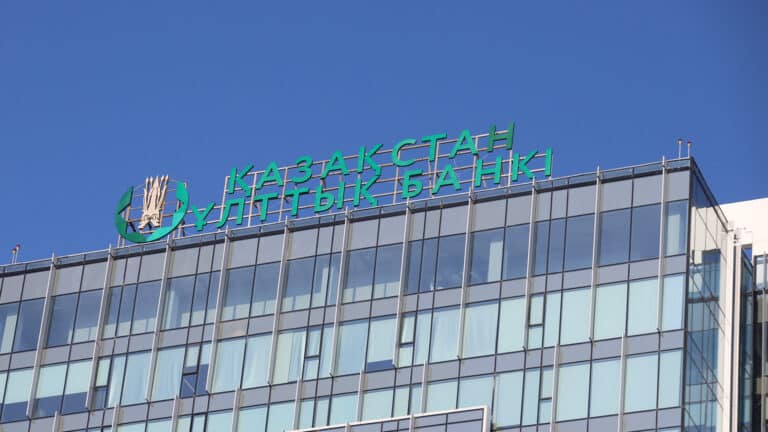
In the month following the U.S. presidential election, the S&P SmallCap 600 index gained 6%. Among the biggest winners were regional bank Dime and car-rental company Hertz, as reported by the Wall Street Journal.
Dime Community Bancshares
Dime, a regional bank with a market capitalization of $1.6 billion, offers deposit and lending products, as well as financial services, to businesses and individuals. Its subsidiaries also provide financial planning and investment advising.
From November 5, the day of the election that Donald Trump would go on to win, to December 5, Dime’s share price is up 19% to $35.83. According to MarketWatch, out of the five analysts covering the company, four have a “buy” recommendation, while one rates it a “hold.” Their average target price is $40 per share, implying upside of almost 12% versus the last closing price.
Hertz Global Holdings
Hertz, with a market capitalization of $1.4 billion, brands itself as one of the world’s largest mobility companies. It operates the car rental brands Hertz, Dollar, and Thrifty throughout North America (the U.S. and Canada), Europe, and other regions.
From November 5 to December 5, Hertz stock soared 55% to $4.60 per share. According to MarketWatch, among the 10 analysts covering the company, there are six “holds” and four “sells.” Their average target price is $3.49 per share, below the current market price.
For investors
Back in July, growing odds of a Trump victory and disappointing second-quarter earnings by some tech companies pushed investors to look elsewhere, noted the WSJ, with one place being the small-cap space. Since the election, the S&P SmallCap 600 has gained 6%, while the large-cap S&P 500 is up 5%.
Still, for the year to date, the S&P 600 lags the S&P 500 by more than 10 percentage points. Since January 1, the S&P 600 is up 15% versus a 28% gain for the S&P 500. This gap, however, is expected to shrink.
“The Republican Party’s sweep appears to herald lower taxes, lighter financial regulations and higher tariffs, which Wall Street believes will benefit domestically oriented businesses more than multinationals,” concluded the WSJ.













